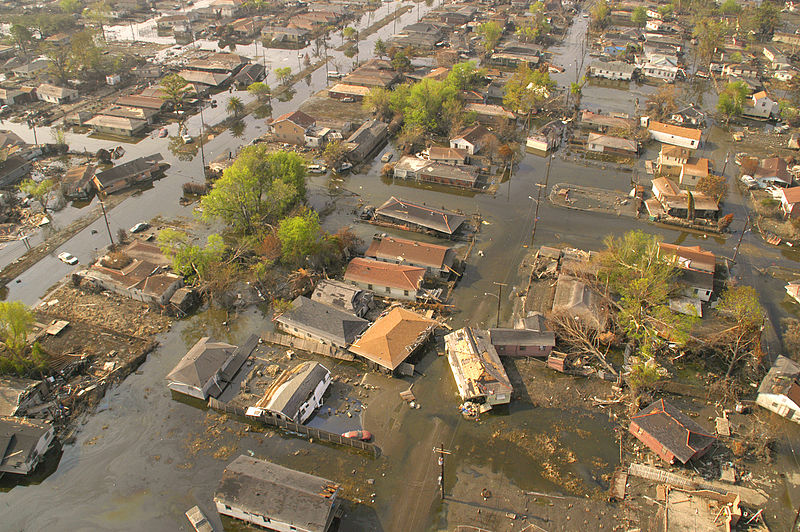In March, over 30 scientists with backgrounds in archaeology, cultural anthropology, human geography, and sociology sat down with federal partners working on climate change-based activities to discuss ideas which would later provide the content for a new report on “Social Science Perspectives on Climate Change” One of those scientists was Dr. Isabel Rivera-Collazo, an environmental archaeologist and research affiliate of the Center.
The discussions at the workshop highlighted the importance of social sciences in climate change mitigation and adaptation and encouraged cross-organizational collaboration to develop actionable products to support federal needs. The group identified three themes to be addressed: Social vulnerability; Drivers and responses; and Innovative tools, methods, and analysis.
Dr. Rivera-Collazo co-authored a white paper on the Social Vulnerability theme, touching on four key aspects of social vulnerability — resource access, culture, governance, and information — that influence how communities are exposed and affected by climate threats at disproportionate scales. “This might be the first time there is an articulated, interdisciplinary review to assess social vulnerabilities and what aspects make us vulnerable in the context of culture”, reflected Dr. Rivera Collazo.
Read “Social Vulnerability: Social Science Perspectives on Climate Change, Part 1” here. The paper was edited during the March workshop and will be made available for decision makers once peer-reviewed.
The workshop was organized by the Social Science Coordinating Committee (SSCC) under the U.S. Global Change Research Program (USGCRP), as well as the American Anthropological Association, the American Association of Geographers, the American Sociological Association, and the Society for American Archaeology. Read more about the workshop here.


